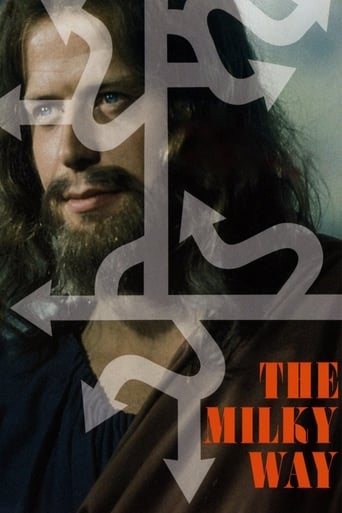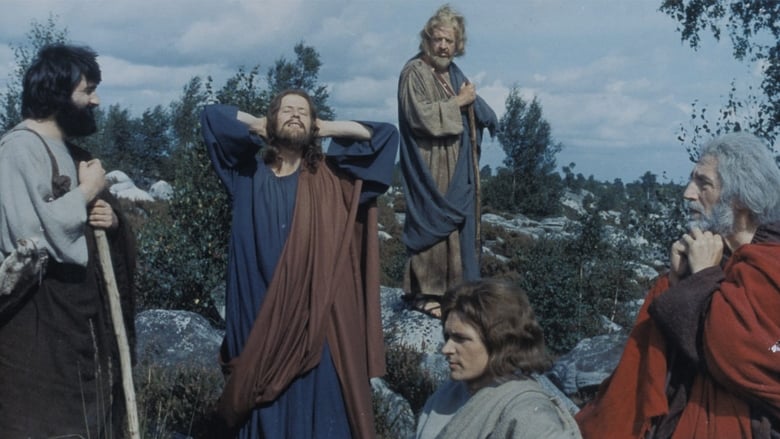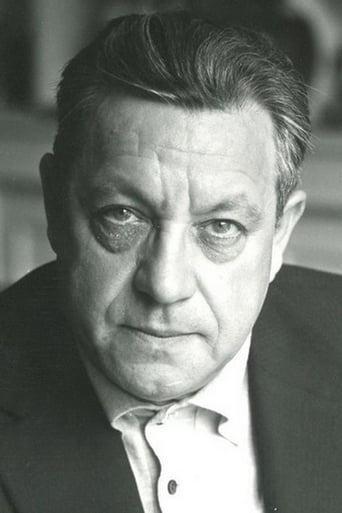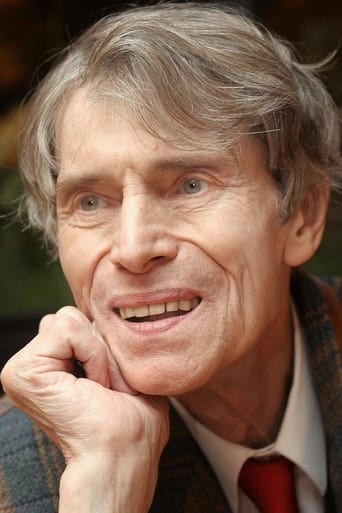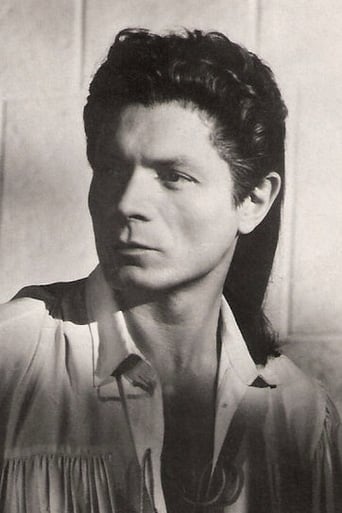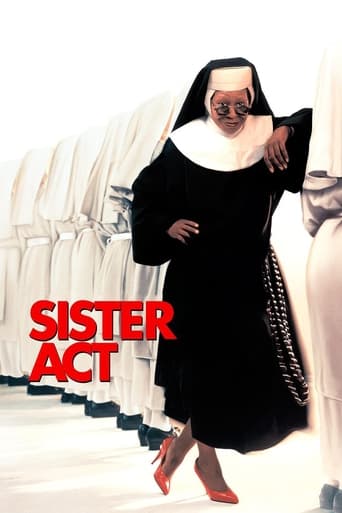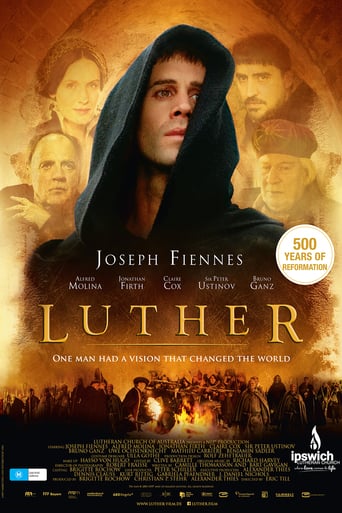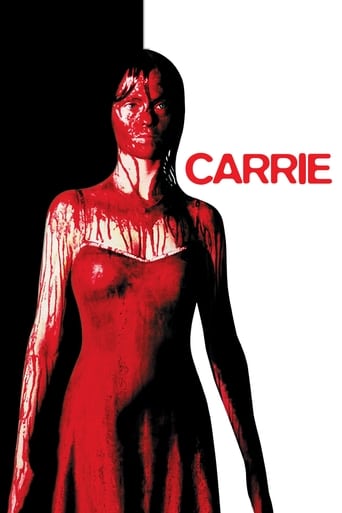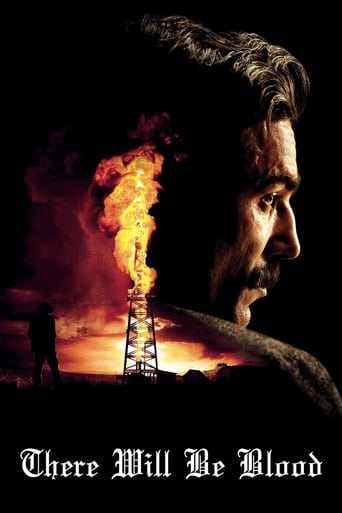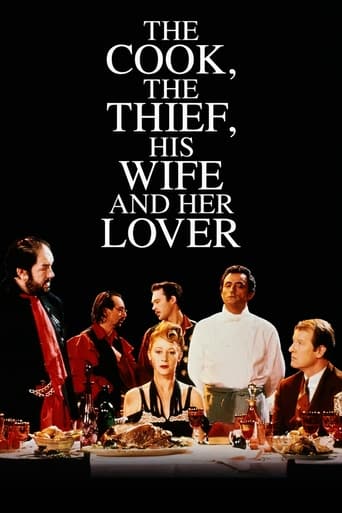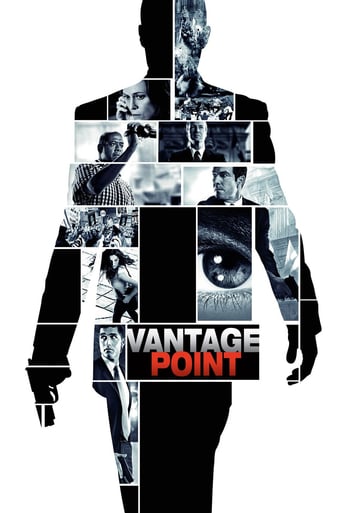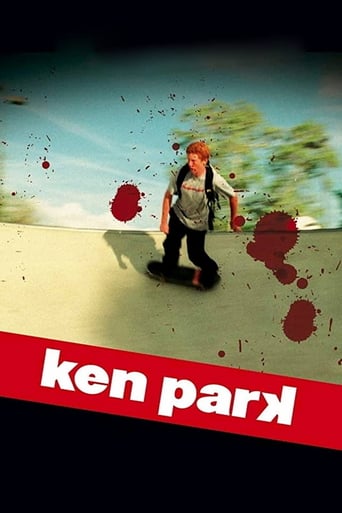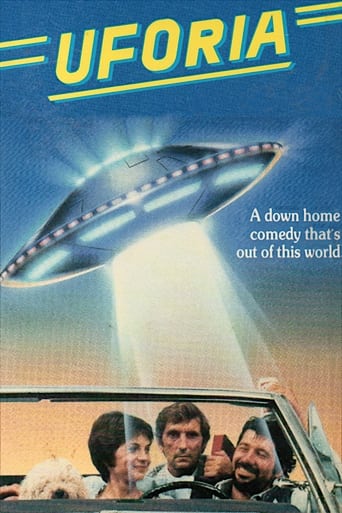The Milky Way (1969)
Two men, part tramp, part pilgrim, are on their way to Santiago de Compostela in Spain. On their way they meet a whole assortment of people—some truculent, some violent, and some bizarre; they experience many adventures—some mysterious, some erotic, some even supernatural.
Watch Trailer
Cast


Similar titles
Reviews
People are voting emotionally.
How sad is this?
The film creates a perfect balance between action and depth of basic needs, in the midst of an infertile atmosphere.
Strong acting helps the film overcome an uncertain premise and create characters that hold our attention absolutely.
My third venture into Luis Bunuel's repertoire, after THAT OBSCURE OBJECT OF DESIRE (1977, 8/10) and BELLE DE JOUR (1967, 8/10), THE MILKY WAY, which refers to "the road to St. James", depicts a trek of two vagabonds' pilgrimage to Santiago de Compostela, en route they meet a melange of characters converse about their religious outlooks and interweaving with anachronistic re-enactments (or mimicry) of the biblical figures, trying to expound the hidden messages about the elliptical realm of divinity, humanity and heresies. Religion is never my specialty, and the staccato narrative does remind me of Pier Paolo Pasolini's "Trilogy of Life", consists of terse vignettes or anecdotes, it seems the "reason" is never being considered as the director's prime option, all the impetus is purveyed by the re- created images and the Holy words (condescending, emotionless, authoritative), the two destitute pilgrims barely assume any obligation other than indicating a geographical route for the odyssey. There are some highlights (for me at least), the transubstantiation argument between an ex- priest who ran off from a mental-hospital and a science-endorsed brigadier; a highly- histrionic image of Death during a car accident after an unintentional swear; the Holy Mary miracle narrated by the Spanish priest, and the eerily perplexing "whoever knocks don't open the door" episode, all come off intriguing for an agnostic's mind. The film adopts an authentic or natural sound recording, there is no use of concurrent music alongside, a barrage of religious parables may or may not reminisce the vicarious epiphany which the director deliberately intended, as a film under the belt of Luis Bunuel, I feel it is a pity I fail to find enough conspicuous worthiness in this film since the barricade lie between me and that spiritual world is rather too colossal.
In view of its subject matter the gleeful put-down of Christian dogma, a lot of which is contradictory anyway (explaining the flood of religious sects we have all suffered from!) this has always been the one Bunuel film that is perhaps hardest to warm up to; more than any other of the director's work, its relentlessly didactic nature requires one's full attention throughout and, needless to say, the experience can be somewhat daunting (it's definitely not the ideal choice for a beginner!). However, THE MILKY WAY is still a milestone in the Surrealist director's career: his previous effort, the chic and sexy BELLE DE JOUR (1967), had performed exceptionally well at the box-office hence, Bunuel was given carte blanche on the next one; typically, he responded by delivering that which, on the surface, amounts to the exact opposite of what was expected of him: a distinctly uncommercial venture! That said, one can't very well overlook the director's approach to the material: it takes the form of a picaresque odyssey dealing with two men's pilgrimage from France to the burial site of a revered saint in Spain, and their many bizarre adventures along the way; Paul Frankeur and Laurent Terzieff appear in the lead roles. They meet scores of people who either help, hinder or simply baffle them a few of these are actually historical figures (such as the Marquis De Sade, incarnated by Michel Piccoli) or even symbolic ones (say, Pierre Clementi's brooding Satan); most, however, are clergy (even if one proves to be a fugitive from a lunatic asylum!) or common people with a vested interest in Theology (for instance, the maitre d' played by Julien Bertheau who, after imparting much spiritual wisdom to his 'congregation', denies food to the weary protagonists)! The journey is interestingly book-ended by the duo's meeting with, first, a man (Alain Cuny) who predicts they will each have a child and, then, a whore (Delphine Seyrig) who offers herself up for the task; what ties the two scenes together is that both strangers supply the same cryptic names to the proposed offsprings i.e. "Ye Are Not Of The People" and "No More Mercy"! Incidentally, the film's episodic structure would be adopted again by Bunuel (indeed, it's improved upon) in two subsequent films both sublime and uproarious namely THE DISCREET CHARM OF THE BOURGEOISIE (1972) and THE PHANTOM OF LIBERTY (1974); in fact, one could say that these three films comprise a trilogy whose loosely interrelated narratives (in which, literally, anything goes) basically encompass all of Bunuel's many and varied concerns over the years. THE MILKY WAY is certainly the most intellectual of the director's works, but it's all stylishly deployed (he'd retain the deceptively glossy look of BELLE DE JOUR, for which some would subsequently accuse him of selling out[!], throughout all his remaining efforts) and undeniably hilarious for those not offended by blasphemous irreverence.Some more of the film's indelible images involve: Frankeur thinking of himself as Jesus about to shave off the trademark beard and being dissuaded from doing so by Mary (Edith Scob); Bernard Verley, then, is endearing as a thoroughly commonplace (if snobbish) Christ his chilling last words (taken from St. Matthew's Gospel), that he came to cause discord within the family unit and that woe befall anyone who loves somebody else more than him, must constitute one of the most wicked finales to any film!; Terzieff's casual swearword costing them a lift by an ultra-conservative driver; his own jinxed nature (wishing a man who has bypassed them to die horribly in a road accident, which happens soon after), ditto when daring God to strike him with lightning and being amazed by the practically instant reply from on high; later, during a school activity in which little children are indoctrinated in religious intolerance, Terzieff also loudly imagines a group of revolutionaries (the events of May '68 were still vivid in people's minds) executing the Pope played by Bunuel himself! via firing squad. Incidentally, the director's own voice is heard reciting a prayer in Latin! on the radio of the aforementioned burning car; in the same vein, co-scriptwriter Jean-Claude Carriere a regular Bunuel collaborator makes an infrequent appearance before the cameras as a decadent bishop presiding over an orgy in the forest (another sequence that is exclusively in Latin). Two more stalwart presences from the Surrealist master's canon are Claudio Brook, playing another high-ranking church official exhuming the body of the saint to whom our heroes (and, we are told, thousands every year) have come from afar to pay tribute so as to excommunicate him in view of facts which have only just come to the fore(!), and Georges Marchal, seen dueling for his steadfast beliefs, but the point of the discussion is so muddled that it's soon forgotten by the participants by the way, a crucified nun is also prominently featured in this scene! For the record, this film contains one of Bunuel's most famous dictums (spoken by an undefined character during a transcendental sermon by a particularly insistent priest), namely "My hatred of Science and Technology almost brings me to the absurdity of a belief in God"! According to the extras on the Criterion DVD (these include an elaborate trailer, an introduction by Carriere, an interesting interview with noted film critic Ian Christie, and a 37-minute featurette which is given its due elsewhere), the conception for the script came at the 1967 Venice Film Festival after a screening of Jean-Luc Godard's LA CHINOISE, the Nouvelle Vague exponent's full-blown induction into the realm of Political Cinema. Incidentally, it's also said here that THE MILKY WAY garnered the best reviews of Bunuel's entire career!
It is very strange movie but very interesting. The reality mixed with the biblical stories and historical events. The most beautiful moment of the movie is the spanish priest who tells the story of one Virgin Mother's wonder. However it shows Benuel's relation to catholic religion - of course sometimes - funny and odd - but it worth to watch it.
Le fantôme de la liberté (Buñuel, 1974) seems to take off right from this film as if it were a sequel, visually and conceptually. This film however is much more determined to denounce the contradictions and hypocrisy of different religions, while Fantôme has even more artistic freedom. Also this is much more coherent and if there is any danger of getting heavy-handed, Buñuel knows how to joke himself a way out using illusionism or a mild shock-treatment. It is simultaneously very rational and miraculous. The anti-clericism and subversive desires frequently come to the surreal surface. I can't help but see this as an inspiration for Monty Python's 'Life of Brian' (1979), because that film also remotely feels like an off the wall road movie in which anything can happen.The subject matter was sort of tough for an atheist (heretic?) like me, but the humour with which Buñuel lets the characters throw the crucial differences between religions at each other is hilarious. E.g. in the middle of a duel between a Catholic and a Jesuit: 'Prior will is mere impulse. My thoughts and my will are not in my own power ... ma liberte est un fantôme.' 'What does freedom mean anyway? How can I be free if what I do is determined in advance?' etc. And why would all the personnel of a restaurant be caught up in an eloquent discussion about the existence of God while they are at work? See for yourself. Cinematographer Christian Matras (also Le Grande Illusion, 1937) continues to improve Buñuel's visual style using zoom-pan-zoom shots for instance, but keeps it sober.9/10

